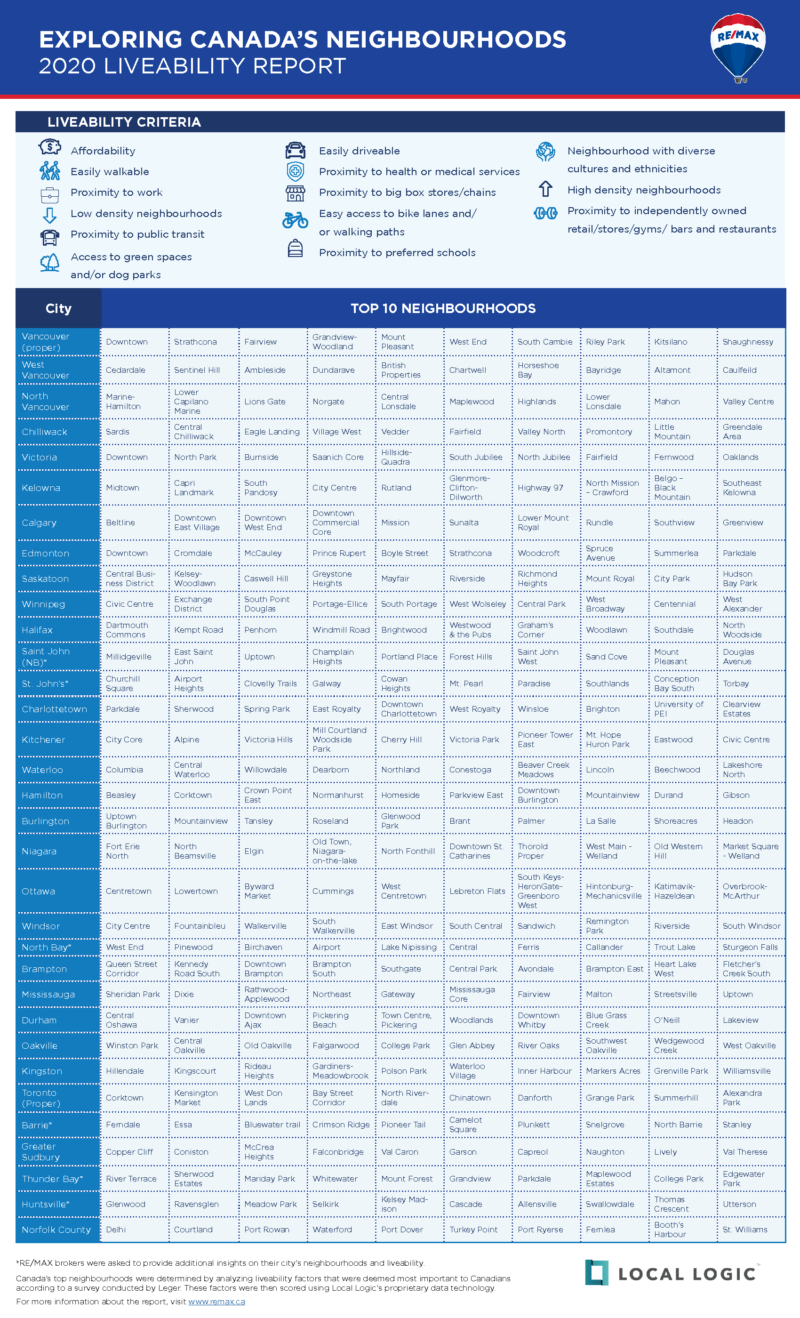Sales activity has slowed considerably in the Ottawa real estate market as broader uncertainty in the nation’s capital impacts everything from single-family homes to condominiums.
Industry experts say many prospective homebuyers are sitting on the sidelines due to uncertainty around current economic conditions. While the higher cost of living is a major factor in today’s economy, according to Ottawa Real Estate Board (OREB) President Penny Torontow, homebuyers are also unsure if they have enough buying power amid rising interest rates.
The Bank of Canada (BoC) recently hiked interest rates by 75 basis points at the last policy meeting. But while the nation’s annual inflation rate cooled to seven per cent in August, policymakers have insisted that they will continue tightening until inflation falls back to its two-per-cent target rate.
In the meantime, this could wreak havoc on the Canadian real estate market. But prices remain strong while demand is waning in the Ottawa housing sector. In fact, the typical sales price is higher than the market average.
Ottawa Real Estate Market Weathering the Storm Clouds
New OREB data show that the average sales price for a residential-class property advanced at an annualized pace of five per cent in August, totalling $707,712. The average sales price for a condominium-class property jumped four per cent year-over-year to just below $422,000.
On a year-to-date basis, the average sales price for residential and condos surged 10 and nine per cent, respectively.
This is higher than the broader Canadian housing market. Last month, the national average home price tumbled 3.9 per cent year-over-year to $637,673, according to the Canadian Real Estate Association (CREA). Plus, when the massive Toronto and Vancouver markets are removed from the equation, the national average price is even lower at just over $500,000.
“Prices are still rising slightly in some areas, albeit lower single-digit per centage increases, bringing back the moderate price-growth stability that is characteristic of the Ottawa resale market. What happened to prices in 2020 and 2021 was unusual. We are moving towards a balanced market state, where Buyers have choices and Sellers need to ensure they are pricing their properties accurately,” Torontow noted in a statement.
She added that buyers are ostensibly taking their time, with Days on Market (DoM) data showing that they have inched closer to the 30-day threshold.
“The lightning speed at which homes were selling at the start of 2022 is a thing of the past,” she said.
Indeed, association numbers confirmed that residential property sales plunged 27 per cent year-over-year, totalling 1,137 units. This included a 27 per cent drop for residential-property class homes (850 units) and a 28 per cent slide for condo-property suites (287 units). Moreover, Ottawa housing supplies are improving, with more than 2,000 properties listed in August. These lifted the months of inventory – a gauge of how long it would take to exhaust current supplies at the present of sales activity – to three months of residential-class homes and 2.2 months for condos.
As fresh supply comes online, could prices start easing? The latest development has been impressive new housing construction activity. According to Canada Mortgage and Housing Corporation (CMHC), housing starts surged more than 44 per cent year-over-year to 1,257 units in August. Year-to-date, housing starts totalled close to 7,200 units, up 11 per cent from the first eight months of 2021.
The Great ‘Reset’ in Ottawa Housing?
Much like the rest of the country, the Ottawa real estate market is stuck between a rock and a hard place. On the one hand, tightening monetary policy is allowing prices to soften, allowing prospective homeowners to achieve the dream of homeownership. But on the other, rising interest rates could make it more expensive to borrow and harder to pass a mortgage stress test.
It is unlikely the price growth that occurred during the coronavirus pandemic will be erased, making housing affordability harder in a different way. But many surveys suggest the same thing: Many young people are hoping for a sharp downturn in the housing market so they can get a foot in the door.
Unfortunately, many market experts warn that because the meteoric growth in the real estate market has become tied to the post-crisis economic growth – something that the Bank of Canada (BoC) conceded last year – any significant correction in Canada’s housing sector could create a domino effect for everyone else. And, yes, this also includes the Ottawa real estate industry.
Still, this is a “reset” and “recalibration” for Canada’s housing market, says TD economist Rishi Sondhi.
“Our forecasted decline in national home prices would only partially retrace the 46 per cent run-up over the course of the pandemic. As such, our forecast can be more aptly described as a recalibration of the market, instead of something more severe,” Sondhi wrote in a research note. “Our forecasted peak-to-trough decline in Canadian home sales falls well within the range seen in past housing downturns and was surpassed by the global financial crisis sales tumbled by 38 per cent.”
The post Ottawa Real Estate Market Prices Still Topping National Average appeared first on RE/MAX Canada.

